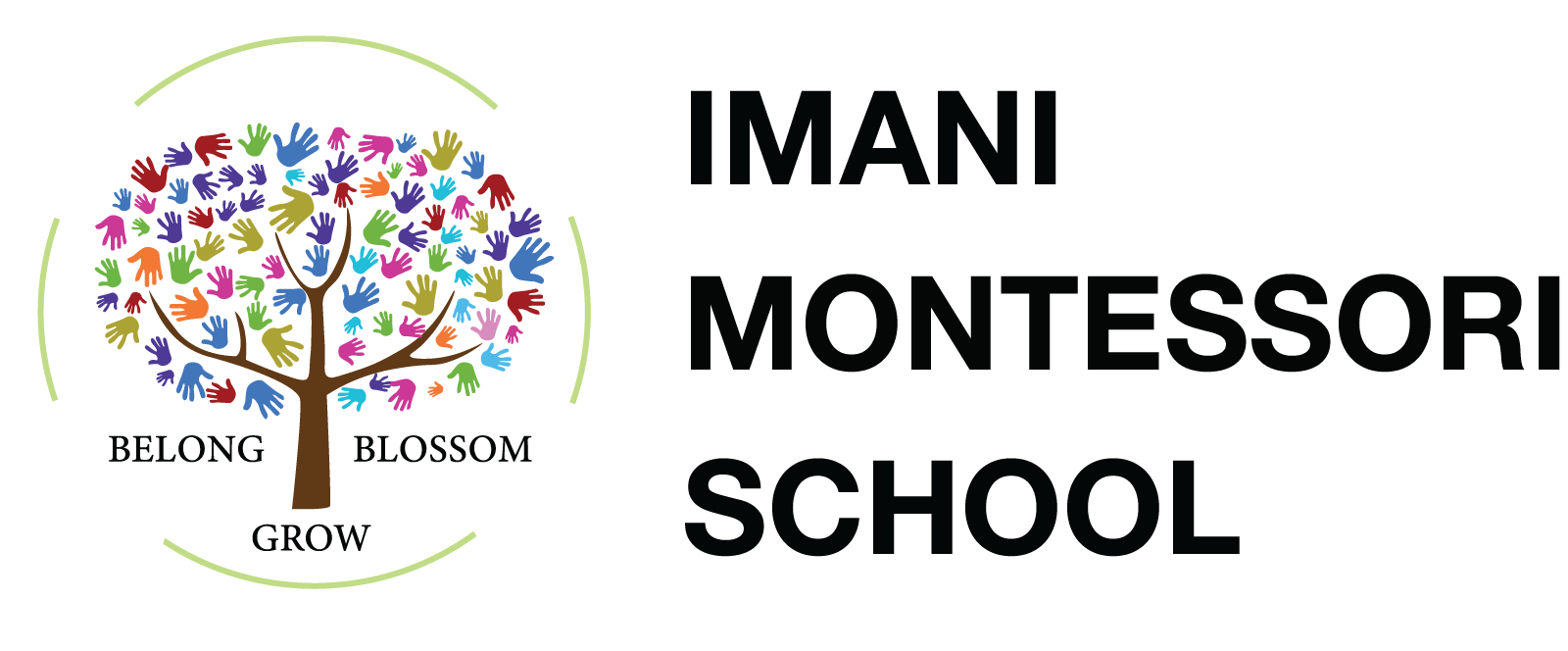Communication with children is effective for their development. Effective communication means communicating in a way that you understand each other and eventually connect with your child. As a parent good communication also involves listening to your children, paying attention, and talking in ways that ensure the children can feel important and valued. Whether at home or in school, it is important to communicate with children and engage in important conversations to assist the children develop proper communication skills.
Parents are encouraged to engage in effective and responsive communication from birth since it ensures that children feel safe and secure while building and strengthening relationships with other children, parents, and even later in their careers.
As a parent, you are the significant part of your youngster’s schooling from birth through puberty. Hand in hand with Imani Montessori School teachers, parents guide the improvement of their child’s person and psychological well-being and assist with framing the establishment from which children foster deep rooted attitudes and interests.
For parents and educators, the objective is to assume active parts in your kid’s life and to focus on shaping a genuine bond. The kid’s wellbeing is constantly served when they have heaps of individuals aiming to achieve positive development.
To engage in good and effective communication with children each individual needs to offer their children full attention. That is; stop what you were doing and engage in a meaningful conversation with your child however simple the conversation is. At the same time one can communicate with the child easily through encouraging them to express their thoughts and feelings while the parent teaches the child how to respond and listen to all things in an effective manner. That is; sometimes either the parent or child can express or feel anger, embarrassment, fear, sadness or happiness, where their responses and actions to such emotions teach the children how to respond to such emotions. Hence, a parent can impact a positive or negative development process to the child on how to respond to such emotions in the future and now.
Effective communication also involves understanding the body language and tone used when speaking with our children. Caregivers should use different tones for different situations to teach the child that tone is a communication skill same as body language. For instance, when a child gets home and is very quiet a parent should connect to the child by communicating; why are you so quiet today, did something happen in school? Or rather asking their opinion on an issue of discussion. Parents should respond to the body language of their children, to teach them to understand the language as they grow up. One can respond using body language as well to show interest in what the child is attempting to communicate or express.
Being your child’s companion is incredible. Always remember that you’re a parent first. You’re there principally to make sure that your child is protected and grows up well. An equilibrium should be found between nurturing and companionship. You need your youngster to trust you enough to tell you what happens in their life yet in addition to have a sense of security enough to look for guidance from you. Connection is achieved through effective communication.


Join the Conversation